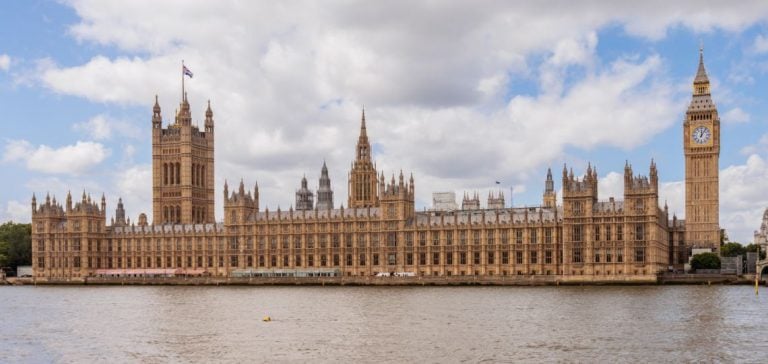The UK Ministry of Finance has announced the opening of 37 investigations into suspected breaches of sanctions against the Russian oil industry. These investigations are part of the ongoing efforts of the British government to enforce the restrictions imposed on Russia.
The enforcement of sanctions by the UK and other G7 countries has proven complex, with many industry participants believing that significant volumes of Russian oil are sold above the stipulated price caps.
Government Commitment
“The government is committed to rigorously enforcing our sanctions, keeping all our measures under review, and will not hesitate to take further action to limit Russian revenues which fuel its war machine,” a UK government spokesperson told S&P Global Commodity Insights in response to a question about breaches of the price caps.
“There are already a number of active investigations, and the newly launched Office of Trade Sanctions Implementation will boost our ability to investigate reports of trade sanctions breaches and issue tough penalties for breaches,” the spokesperson added in late October.
Current State of Investigations
To date, 37 investigations are underway concerning suspected breaches, involving an unspecified number of companies. These investigations reflect the UK’s determination to monitor and control Russian oil transactions in order to reduce their economic impact.
“The G7+ Oil Price Cap is reducing oil revenues for Russia – data from its own Ministry of Finance shows that there was a 30% reduction in Russian government tax revenues from oil in 2023 compared to 2022,” the UK government spokesperson said.
Evolving Sanctions Environment
To undermine Russia’s war chest against Ukraine, the G7 and the European Union have banned the provision of maritime services such as insurance for Russian crude shipments sold above $60/barrel, products that typically trade at a premium to crude at $100/barrel, and those that generally trade at a discount to crude at $45/barrel.
Platts, part of S&P Global Commodity Insights, assessed Urals FOB Primorsk at $66/barrel on October 11, and it has mostly remained above $60/barrel since the beginning of the year.
Challenges of Enforcing Price Caps
According to market observers, enforcing the price caps was easier when prices were lower, but has become more difficult as they rose. In September, the share of Russian crude exports on tankers operating outside of the G7’s price cap hit a new high, as shadow operators in the Seychelles stepped up to support a recovery of the country’s shipments to overseas customers.
Data from S&P Global Commodities at Sea and Maritime Intelligence Risk Suite suggested that 83.8% of Russia’s seaborne exports last month were lifted by tankers not flagged, owned, or operated by companies based in the G7, the EU, Australia, Switzerland, and Norway, and not insured by Western protection and indemnity clubs.






















